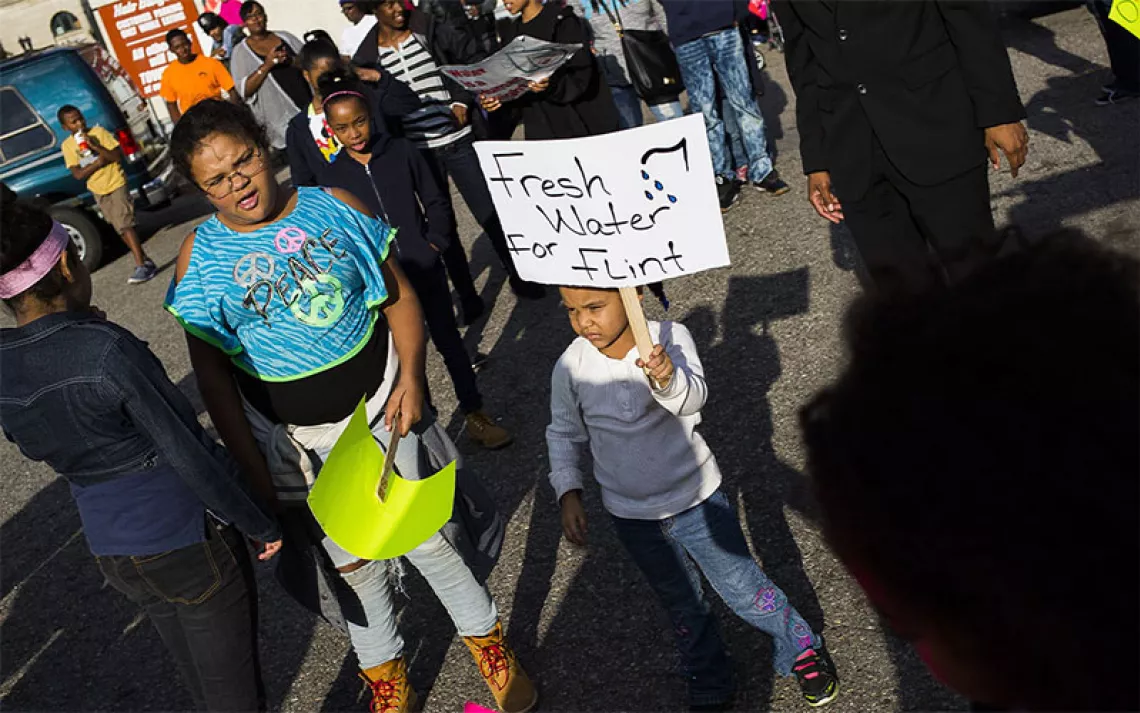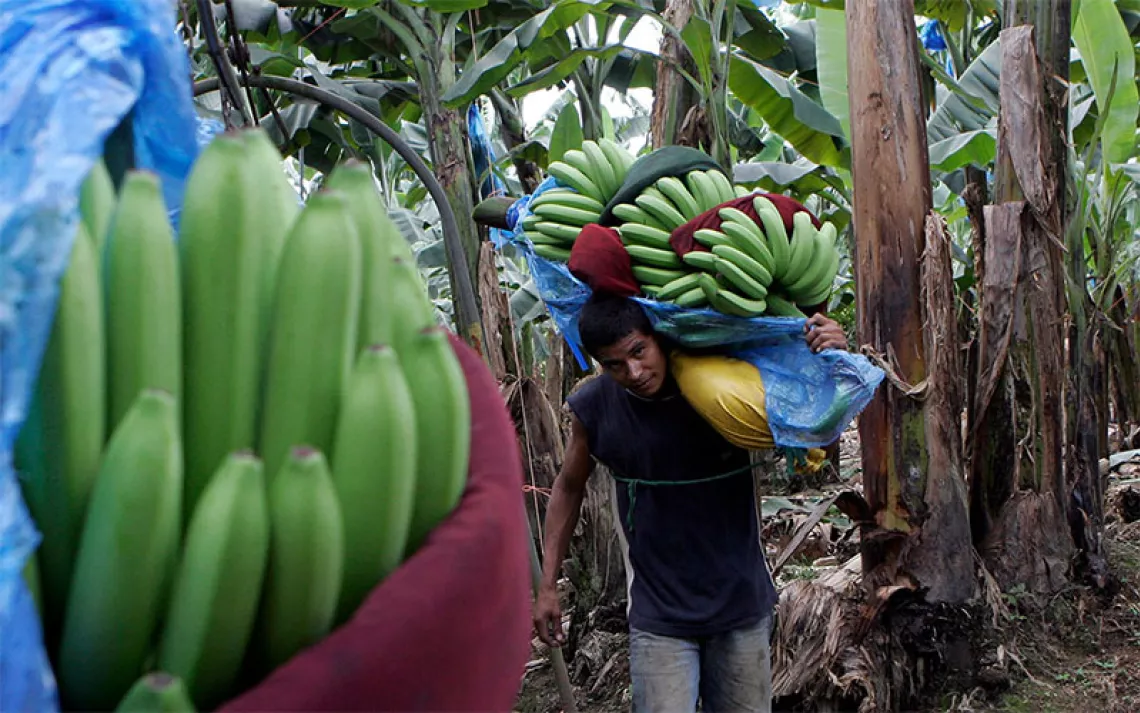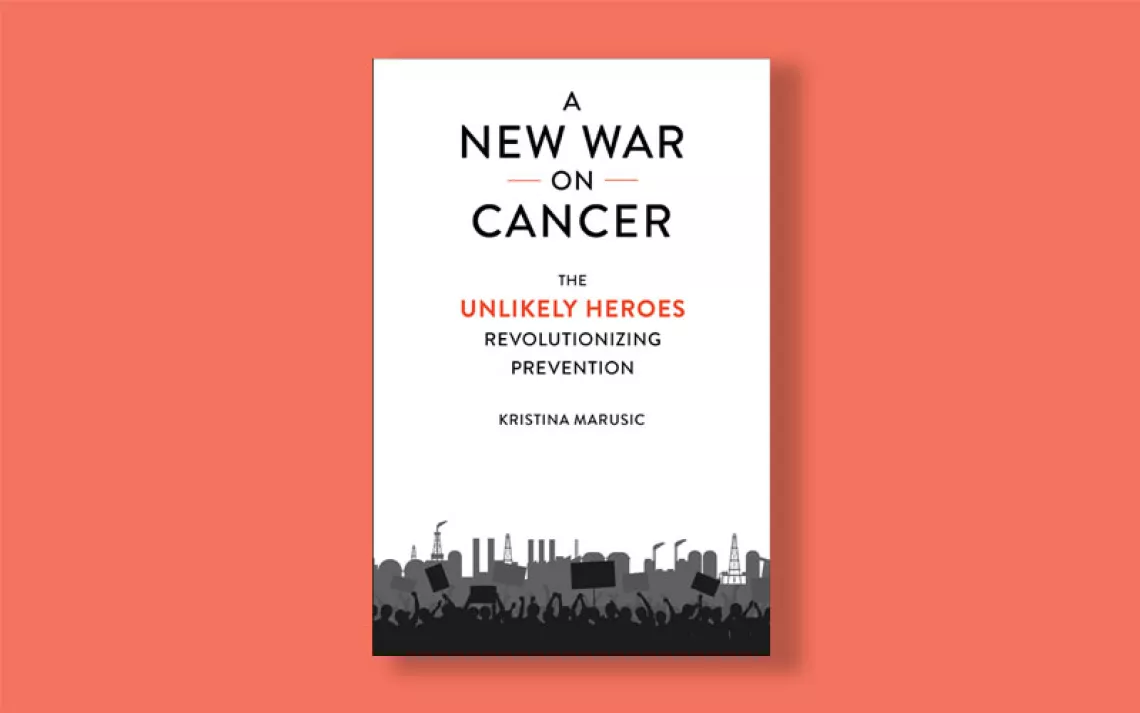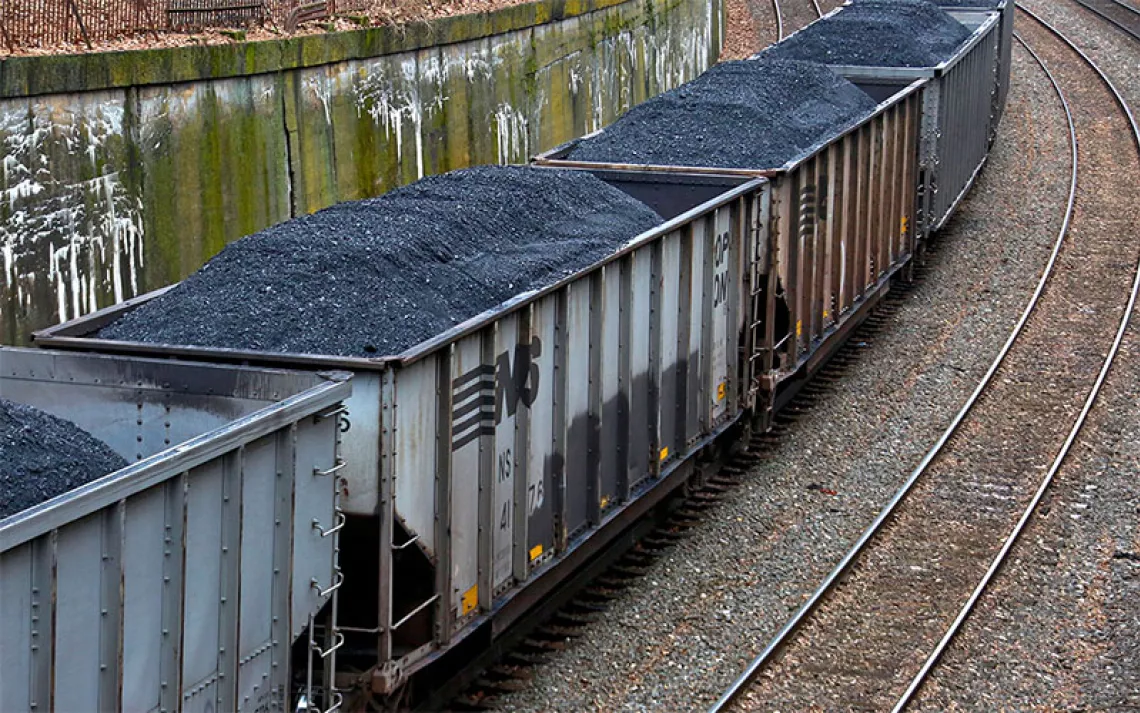How Can I Stay BPA-Free?
Take these simple steps to avoid bisphenol A
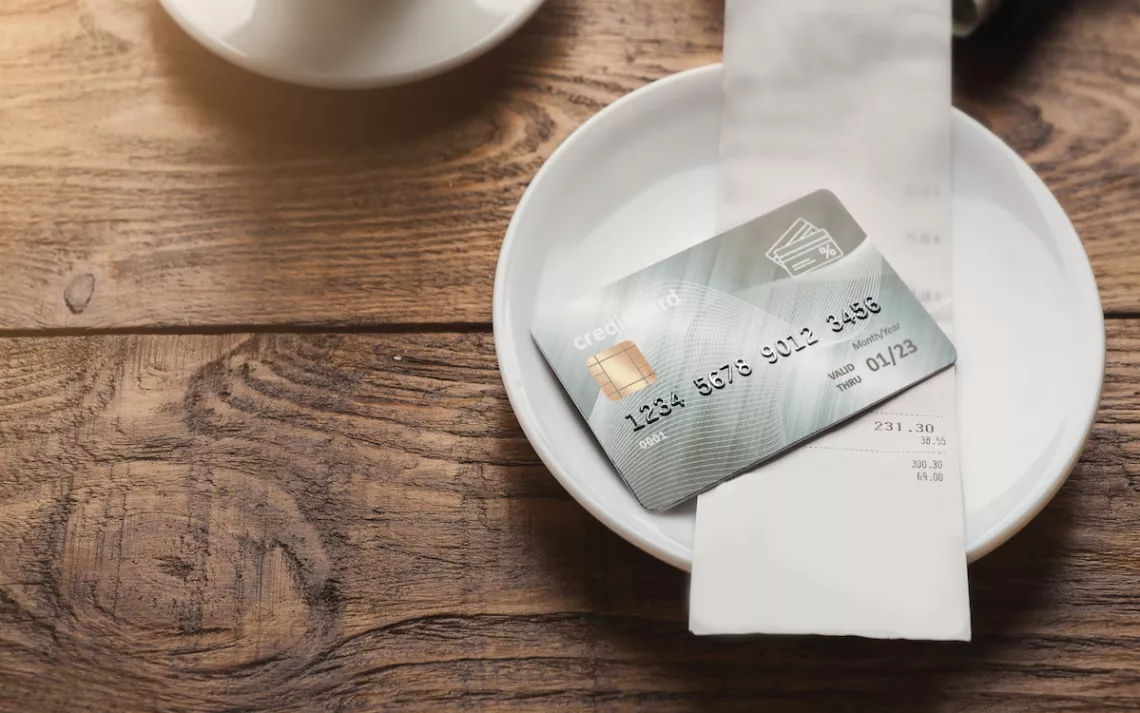
Photo by Milkos/iStock
Hey Mr. Green,
I just read an article claiming that recycled paper, especially toilet paper made of recycled paper, is unsafe because of the levels of BPA and BPS in recycled paper products. Can you weigh in on this topic?
—Barbara in MacCambridge, Colorado
Unless you are extremely generous with your use of toilet paper, you don’t need to worry about BPA. The amount of bisphenol A in TP is negligible, and it is contained inside the paper, not on the surface. By contrast, some research has revealed that paper receipts containing BPA on the surface could be hazardous, especially to children, as it may affect the brain, behavior, and prostate gland of fetuses, infants, and children.
To avoid any threat from BPA, medical sources recommend the following:
- Look for products that are BPA-free.
- Use infant formula that is BPA-free.
- Choose nonplastic containers for food, e.g. glass, porcelain, and stainless steel.
- Do not heat plastic that could contain BPA. Never use plastic in the microwave, since heat can leach out the chemical. Never pour boiling water into a plastic bottle when making formula. Hand-wash plastic bottles, cups, and plates.
- Throw out any plastic products such as bottles or sippy cups that are cracked or chipped. If they contain BPA, it may leach into food.
- Eat fewer canned foods and more fresh or frozen. Many canned foods still contain BPA in their linings.
- Avoid plastics with a #3 or #7 recycle code on the bottom. These plastics might contain BPA. Other types of numbered plastic are much less likely to have BPA in them.
You can find several other precautions at the venerable Consumer Reports.
 The Magazine of The Sierra Club
The Magazine of The Sierra Club
